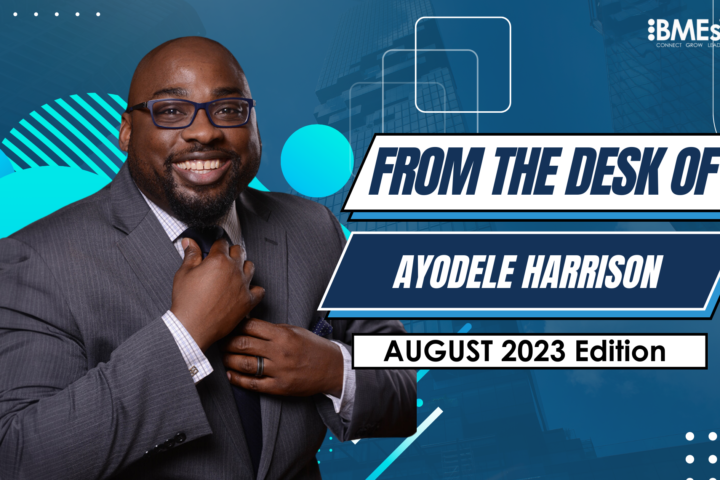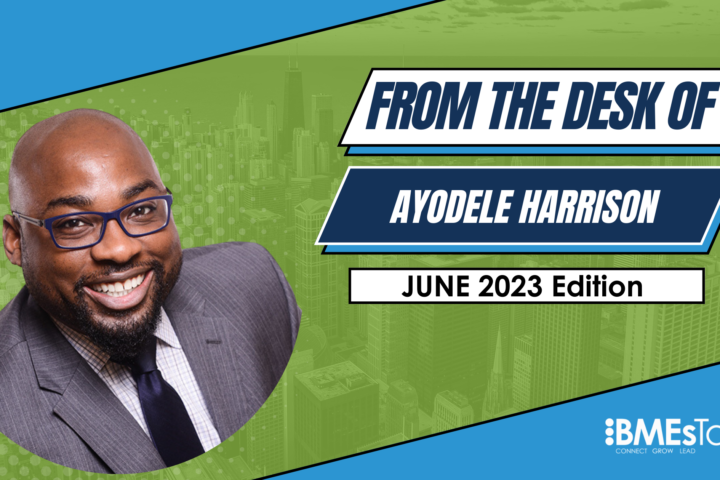Navigating generations of structural and institutionalized systems of racism is an exhausting experience for Black communities and educators. Prioritizing self-care for community healing is an essential practice for preventing burnout and other negative mental health outcomes from going untreated.
Why Do Black Male Educators Face Burnout and Stress?
More specifically, the unique challenges faced by Black male educators can lead many individuals to burnout and stress. Some of the leading factors that contribute to this issue include:
#1: Lack of Peer Support In The Education System
Despite statistics illustrating that over half of all public schools in the United States are students of color, only a shocking 2% of educators in these systems are Black men. This disparity points to a pressing issue: Black male educators are vastly underrepresented in their workspaces, and likely won’t have the spaces at school to find connection and support from fellow Black male educators.
#2: Bias and Microaggressions
One study found that 26% of Americans have experienced microaggressions in the workforce, and Black male educators are no exception to this. This is especially the case while working in schools with primarily white students and staff. Without the support from fellow Black educators, many fall victim to distressing microaggressions, which take quite the toll on one’s mental health over time.
#3: Added Duties Without Extra Pay
Many Black educators are one of the only, if not the only Black male educators found in an entire school. Because of this, countless Black male educators feel an added sense of pressure from their workplaces to take on additional duties to facilitate connection with Black male students. Without additional compensation or support, these educators often have a lack of time to properly care for their emotional and physical wellbeing.
How Does BMEsTalk Prioritize Self-Care and Healing For Black Male Educators?
There is no question that Black male educators do invaluable work for their institutions and students, which is why they deserve the opportunity to learn, grow, and feel empowered themselves. Self-care begins with attending to mental, physical, emotional, and spiritual needs. Some of the best ways for Black male educators to practice self-care and healing include:
#1: Finding Safe Spaces For Connection
Due to the low numbers of Black male educators across the nation, creating safe spaces for Black educators to come together is an important step towards practicing emotional self-care. BMesTalk runs a weekly virtual Twitter chat to regularly debrief, discuss, and connect with one another over similar experiences and perspectives on working in education.
#2: Participating in Leadership Development Opportunities
BMEsTalk created a leadership lab to foster growth and development for self-care and to help Black educators heal from the challenges of working in education. In these online leadership development workshops, Black male educators have the chance to lead and connect with students, parents, and peers to share their racial identity journey and experiences on the job.
BMEsTalk
To explore how you can support self care and healing in your school or district, set up a 30-min meeting with Ayodele
Schedule a Meeting


